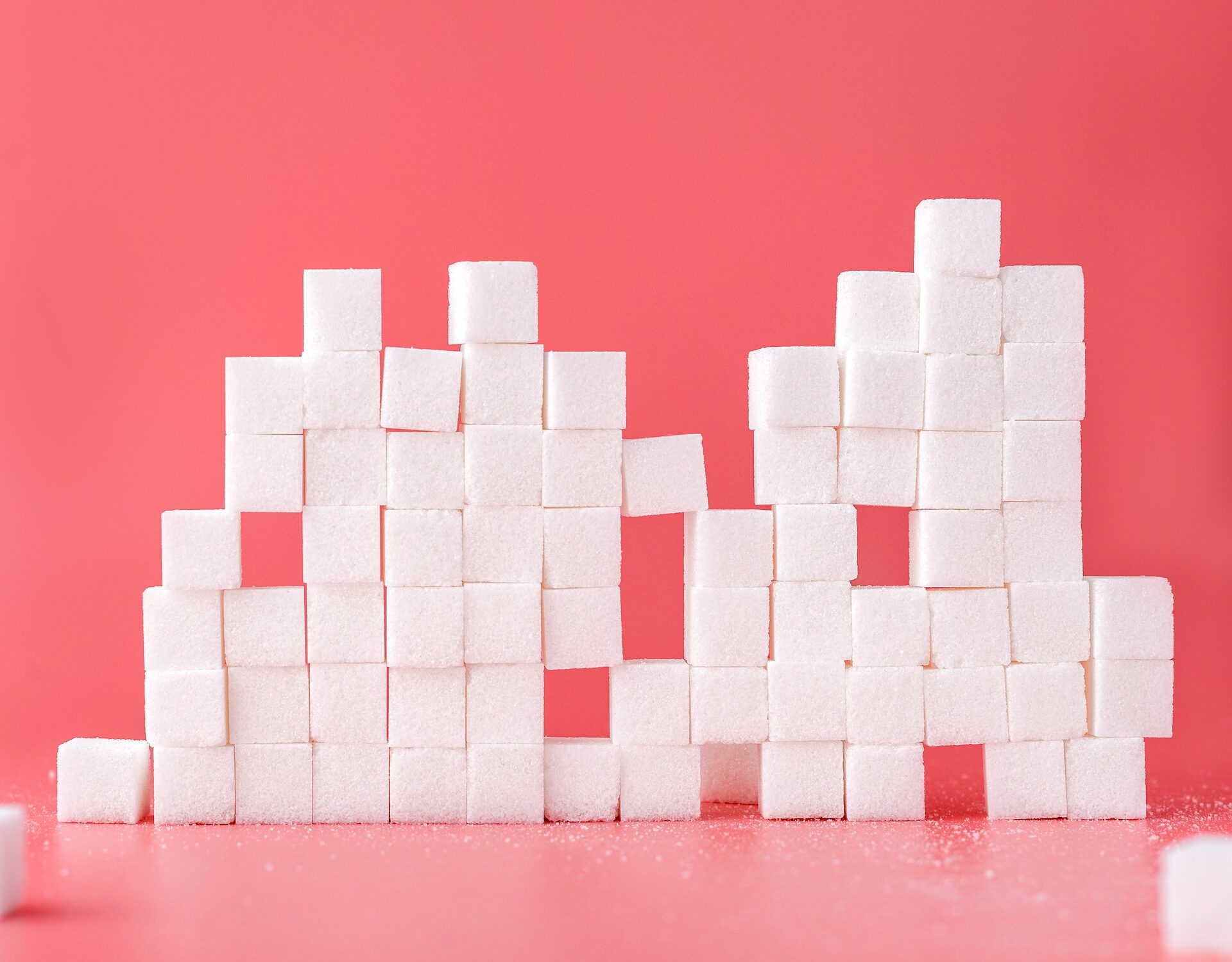What anxiety! There is also aspartame

Aspartame, the sweetener used in diet products, is said to cause anxiety and its effects on the amygdala have been passed down through two generations. Here are the details of the finding from a recent study
The controversial aspartame, the non-sugar sugar known as a sweetener, has often been questioned about its health safety but now a recent study published in the journal PNAS has focused on its potential effects on the amygdala and increasing anxiety which could result.
WHAT IS ASPARTAME
Aspartame, accidentally invented in 1965 by James M. Schlatter, who licked his fingers while working on an ulcer drug and discovered its compound was exceptionally sweet, as defined by the European Food Safety Authority ( Efsa), is an intense, low-calorie artificial sweetener. It comes as a white, odorless powder and is about 200 times sweeter than sugar.
HOW MUCH IS PRODUCED
After approval as a food additive, commercial production of aspartame — and its use in diet products — began in 1981, according to Medical News Today . According to the authors of the study, the annual production of aspartame is 3,000-5,000 tons worldwide.
WHAT THE LAW SAYS ABOUT ITS USE
In Europe, aspartame is authorized for use as a food additive in certain beverages, pastry and confectionery products, dairy products, chewing gum, diet and weight control products, as well as a table-top sweetener.
For many years and in many countries, following careful evaluations, it has been judged safe for human consumption. In the European Union, the label on food products containing aspartame must declare its presence, indicating its name or its number with the E in front (E951).
The Food and Drug Administration recommends a daily intake of aspartame no greater than 50 milligrams for every kilogram of body weight. To give you an idea, a 350ml can of diet soda contains about 200ml.
I STUDY
The study on aspartame, conducted by researchers at Florida State University on mice, aims to understand what effect it has on the amygdala, a part of the brain associated with the regulation of anxiety and fear.
THE RESULTS
From the observation of the animals it was found that the intake of the sweetener at doses lower than 15%, the maximum daily amount recommended by the FDA, produces a behavior similar to anxiety. Indeed, changes in the expression of genes that regulate the excitation-inhibition balance in the amygdala have been recorded.
“Anxiety appeared to be strong,” Dr. Pradeep G. Bhide, director of the Center for Brain Repair at Florida State University in Tallahassee, told MNT , “and I wouldn't rule out that smaller amounts…may produce anxiety in mice and humans, when consumed daily over a period of several weeks (6 to 12).”
The researchers also found that anxiety could be relieved by the drug diazepam and that anxious behavior, response to diazepam, and changes in amygdala gene expression were passed on to male and female offspring in two generations from males exposed to the drug. 'aspartame. This means that “the human population at risk of potential mental health effects from aspartame may be larger than current expectations, which include only individuals who do not consume it”.
HOW DOES THE EFFECT OF ASPARTAME BE HANDED DOWN
“Epigenetic changes produced by aspartame or other environmental influences in germ cells are thought to mediate the transfer of epigenetic changes to somatic cells – for example, brain, liver, heart, etc. – and to the germ cells – egg and sperm – of descendants in the next generation,” explained Bhide.
Having carried out only experiments on mice so far, further investigation is needed to understand if the same effects also occur in humans.
This is a machine translation from Italian language of a post published on Start Magazine at the URL https://www.startmag.it/sanita/che-ansia-centra-anche-aspartame/ on Thu, 22 Dec 2022 12:26:31 +0000.
